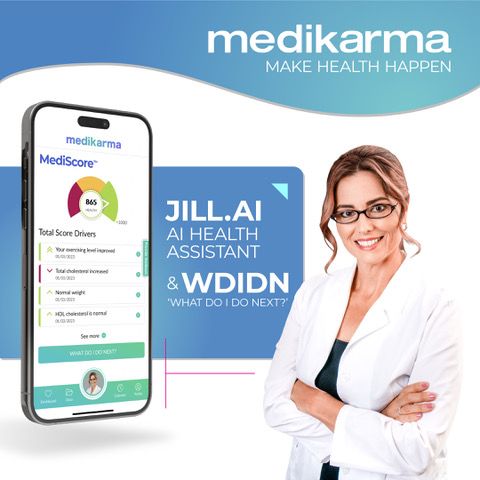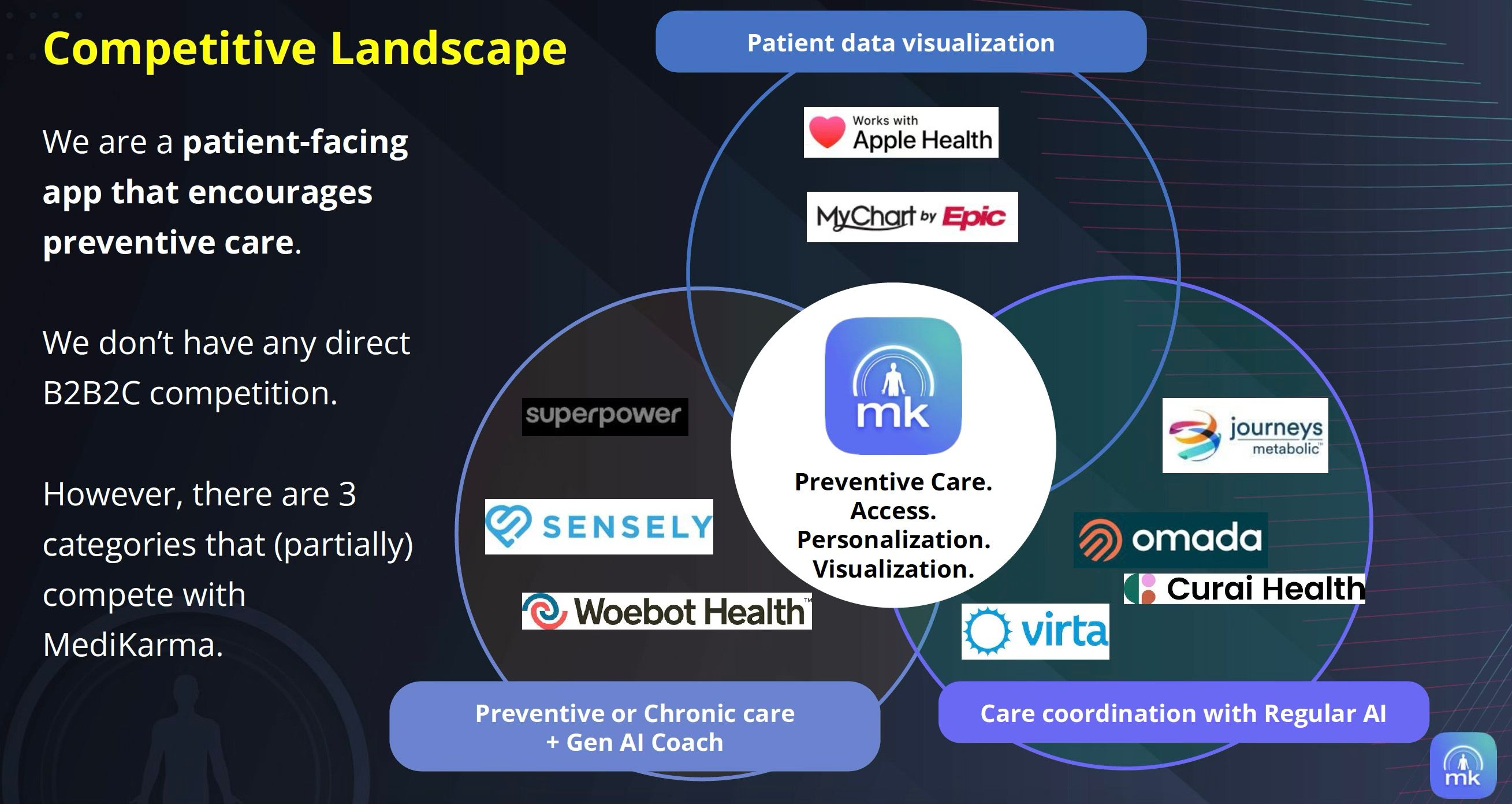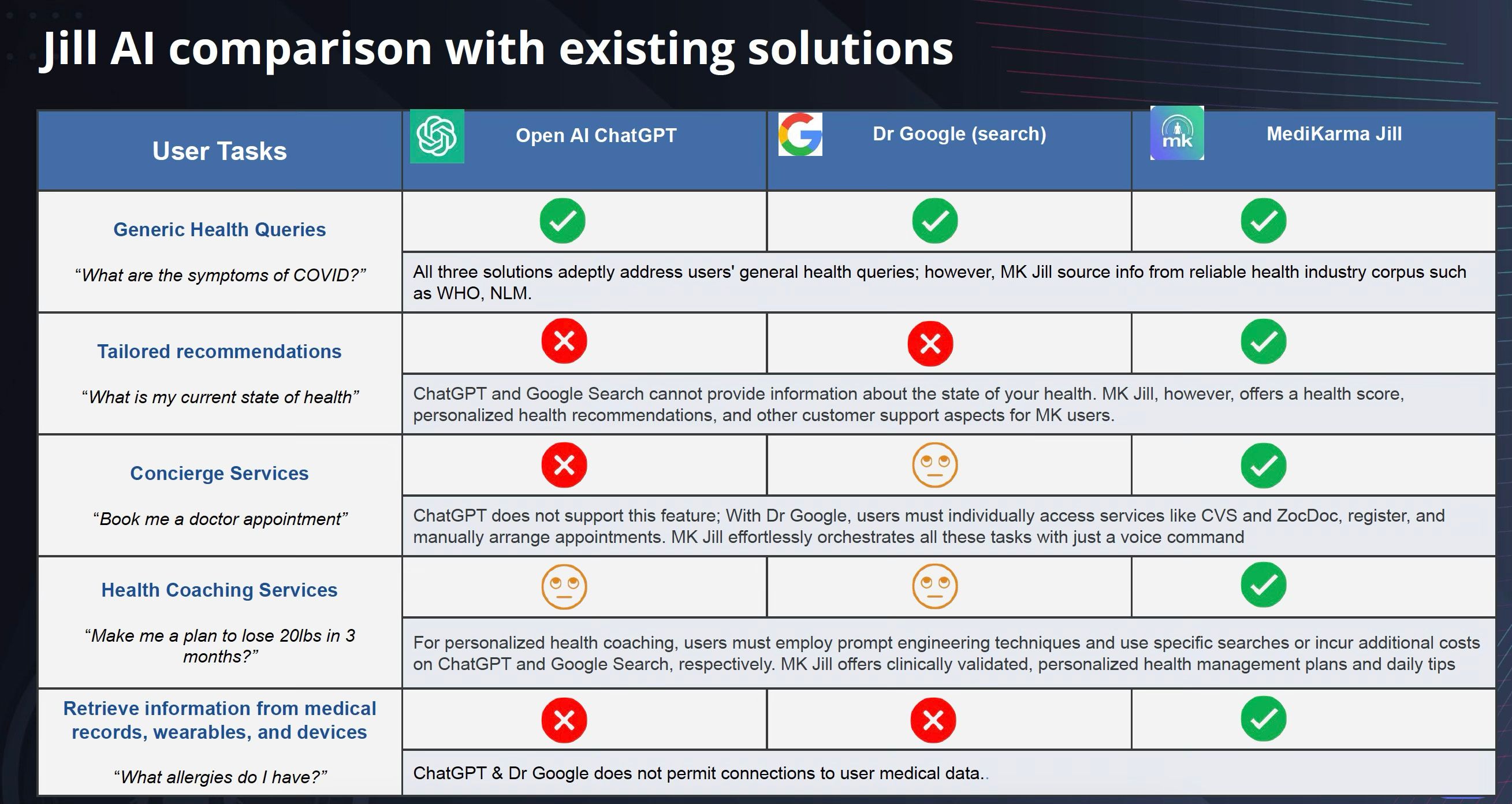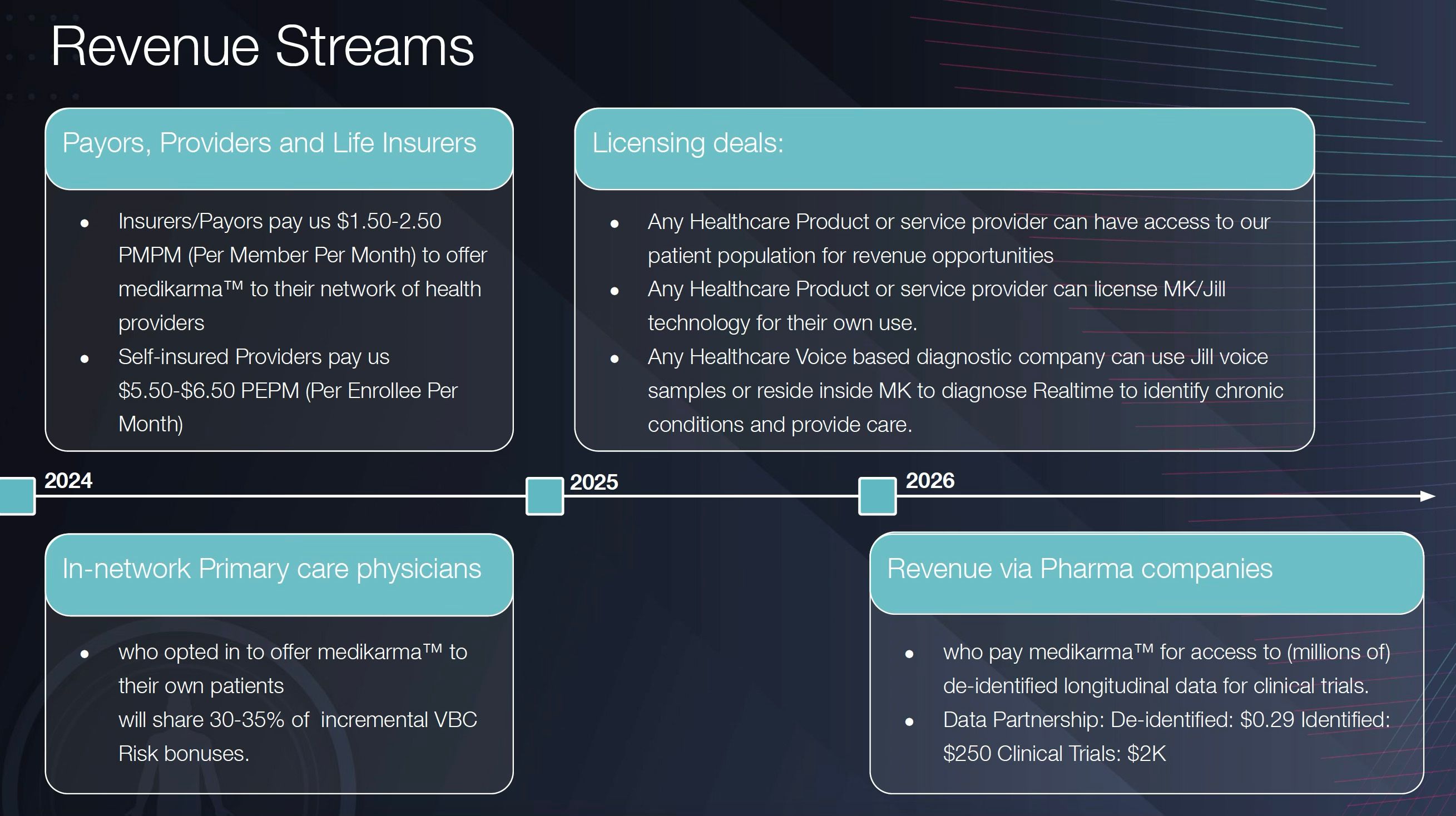In 2023, the U.S. spent $4.9 Trillion on healthcare. Chronic diseases, including cardiovascular disease, diabetes, arthritis, and substance abuse are the leading cause of illness, disability, and death, and they account for 90% of US healthcare spending. In 2024, the CDC estimated that $4.5 trillion was spent on chronic and mental health conditions, which afflict over 50% of the adult population. Healthcare costs keep rising while the health of the population continues to decline. The answer to this dilemma is to help people get and stay healthy.
Medikarma has three customer segments that are financially motivated to keep people healthy:
- Insurance companies (HMO Plans)
- Self-insured employers
- Providers (physicians and hospitals) with risk-based contracts
Health Insurance Companies
Private health coverage is the most common source of health coverage in the United States. And according to national estimates, spending on private health coverage may exceed $1.5 trillion this year. These costs are growing and can have a significant impact on Americans. In the U.S., 165 million people are covered under employer sponsored health insurance, and 68 million people are enrolled in Medicare.
Health maintenance organizations (HMOs) are a type of managed care health insurance plan that features a network of health care providers that treat a patient population for a prepaid cost. As prepaid health plans, HMOs combine financing and care delivery and thus allegedly provide an incentive to provide cost-efficient quality care. The motivation for the emergence of HMOs was a desire to align financial and care-quality incentives. Such alignment of incentives contrasts with alternative health care payment structures such as fee-for-service designs where those providing care may have a financial incentive to do so inefficiently.
The insurance market is concentrated, with the major carriers the dominant players. In 2023, UnitedHealth Group had the largest share of the US health insurance market at 15.34%. Other top health insurance companies in the US include:
- Elevance Health: 7.16%
- Centene Corp. 6.68%
- Humana: 6.03%
- CVS Health: 5.82%
- Kaiser Foundation: 6.18%
- Health Care Services Corporation (HCSC): 3.53%
- Cigna Health: 2.39%
- Molina Healthcare Inc. 1.99%
- GuideWell: 1.84%
- Independence Health Group Inc. 1.76%
Accountable care organizations
Accountable care organizations, or ACOs, are physician- and health system-led groups that ascertain and apply savings in healthcare delivery. These organizations often work in partnership with Medicare programs, while also providing care for private insurance patients. ACOs are a key part of the move toward value-based care. ACOs aim to ensure that patients—especially those living with chronic conditions—receive the appropriate care they need when they need it, while preventing unnecessary duplication of services, medical errors, and expenses. More than 700,000 physicians and other non-physicians participate in Medicare accountable care organizations (ACOs), serving over 13 million beneficiaries. Of the 482 ACOs that participated in MSSP in 2022, 63 percent earned shared savings, with total earned performance payments reaching $2.52 billion.
Elevance Health
Formerly Anthem, Elevance provides health insurance to 40 million members nationwide. Medikarma worked with Elevance in their development sandbox to validate the Medikarma “Healthcare Score”. Using a 65 million patient dataset, they showed a ~90% correlation of the score with healthcare services utilization and therefore cost. Through data analysis they are able to show that a 50 point improvement in the health score equates to a savings of nearly $3,200 per member for those with chronic diseases and ~$700 per member for healthy people. This result is the basis for one of many patent applications for Medikarma.
Commercial Opportunity at Elevance
Through the preliminary contract with Elevance, Medikarma has demonstrated that their Health Score correlates with cost & resource utilization. Needless to say, having Elevance as a customer would provide a very significant revenue stream. Kris informed me that he is working on the next contract with Elevance with the opportunity to integrate Jill and the Health Score into the Elevance health APP, Sydney (https://www.sydneyhealth.com/).
Commercial Opportunity at California Blue
The optimal market segments for Medikarma are health insurance companies and self-insured employers, both of which want to keep members and employees healthy. CA Blue is one of the largest health insurance companies in California; Kris is in negotiations and has a memorandum of understanding with them. CA Blue has 4.5 million members, so even a 5% adoption rate yields significant revenue.
Commercial Opportunity at Memorial Health
Memorial is a self-insured employer, so the initial implementation of Medikarma will be to a select group of employees, most likely those with chronic conditions that drive up the cost of care.
Long term: The goal of the employee pilot program is to get positive results such that Memorial expands the service to their 300,000 patients under care.
Commercial Opportunity at Arkos Health
Arkos Health is an ACO in Phoenix, AZ that cares for 270,000 chronic care patients under risk-based contracts. Anchored by a group of cardiologists, Arkos is a digitally-progressive ACO, embracing technology to improve patient health. With an engaged patient population, Arkos is likely to enroll a significant percentage of their patients on Medikarma.
Future Market Opportunity: Risk sharing
The results from the insurance, employee, and ACO studies will inform the opportunity for Medikarma to develop risk-sharing contracts with future customers. Value-based care will gain further traction in the marketplace as payers seek to reduce reimbursements to fee-for-service providers and consolidation continues in the provider markets. If Medikarma can realize savings for chronic care management that equate to several thousand dollars per patient per year.
Medikarma™ path to commercial success will follow a three-phase approach that carefully balances growth with operational efficiency. By aligning with top health insurance companies, ACOs, and self-insured organizations, Medikarma will focus on proving its commercial viability while ensuring it can scale nationally without excessive cash burn.







